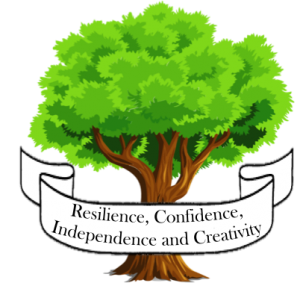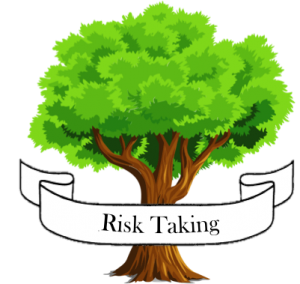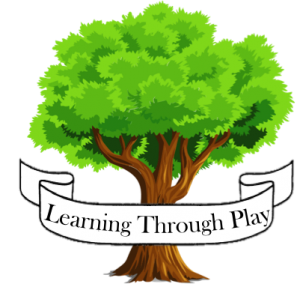During my Forest School training, we did an interesting activity where we went around the circle asking people to give a word that best described The Forest School experience, an activity that I have since repeated with all my groups. The answers your receive often do truly reflect the spirit and reason for the Forest School approach.
The Forest School approach and ethos is based around using woodland, or indeed other natural areas, to inspire children. The approach focuses on ALL children having the opportunity to achieve and develop in a hands on learning environment with truly positive learning experiences. The Forest School takes a holistic approach focusing on the whole child and developing some of those more extrinsic skills such as confidence and self-esteem.
One key principle encouraged by Forest Schools is freedom, children and even adults having the choice to take risks and direct their own learning experience. Firstly, these days we often shelter children from risks, forest school encourages children to learn about risks and how to tackle activities despite this. The effects of children being in and learning from nature can be truly outstanding, with often a sense of engagement and motivation changing a participant positively for life. Woodlands offer a wide variety of experiences that can develop children’s cognitive, physical and emotional development. Schools’ who show a true commitment to Forest Schooling do so because if the impact it has on the child, often leading to more well rounded children, who end up performing better academically.
To be a Forest School, you need to remember you don’t need to have access to a forest/wood. The natural environment could be a local park, maybe a beach or even a private property(ensure permission is gained first). I have observed Forest School’s running in Birmingham centre, where they just have a couple of trees on the tarmac playground, but the area was so well resourced that they were still able to offer many of the elements key to a positive Forest School experience.
There are a number of elements that make Forest School particularly successful.
- The provision of a qualified Forest School Practitioner is essential, to teach and embed the true effective message of forest school. A qualified practitioners knowledge and skill will help to ensure that the clients have an enriching experience where true holistic progress is seen.
- The use of review and reflection during sessions. This will help clients realise, what they have learnt and see how it has impact on their future experiences. Reflection also provides the opportunity for practitioners and clients to improve their performance at the following session.
- Forest School also requires clients to have regular sessions over a significant period of time, ensuring lessons are learnt for life. One off sessions maybe forgotten.
The Forest School concept has been around for a number of years and has managed to survive even through the development of a new school curriculum with a significant change in challenge and expectation of pupils at all ages. The forest school approach is valued by some educational institutions as it provides a very different educational approach, that has a fantastic impact on their children and staff.
To learn more about the forest school approach, follow the links below.

























